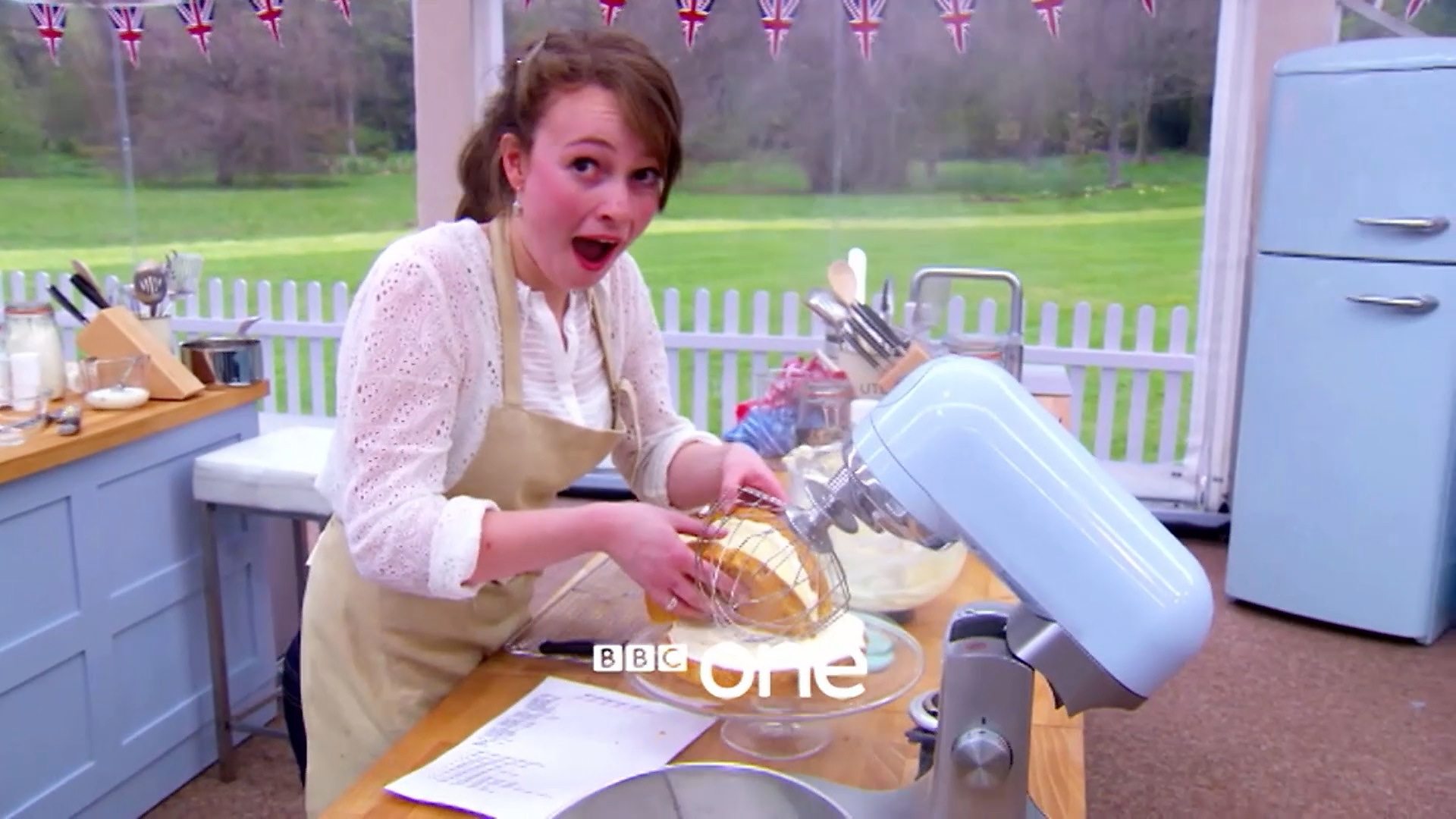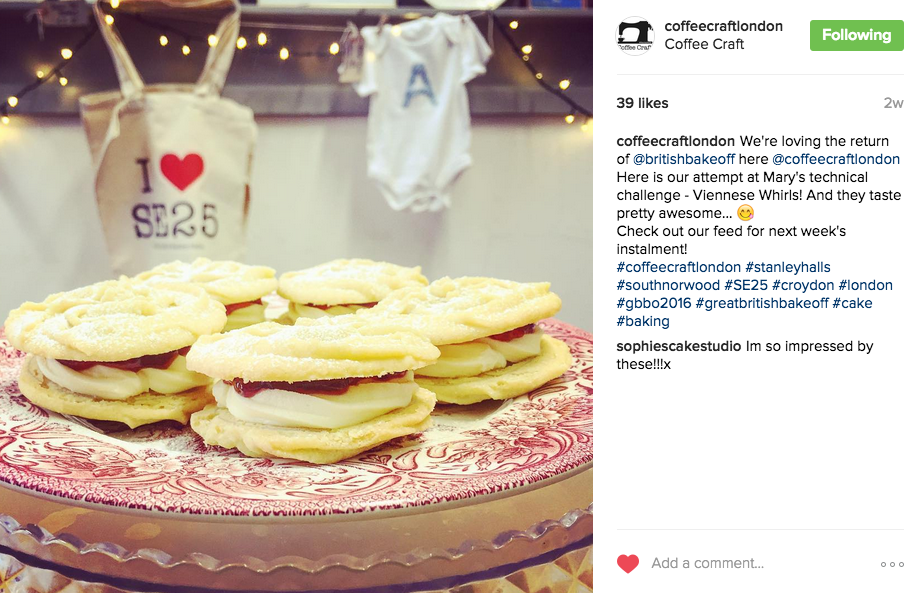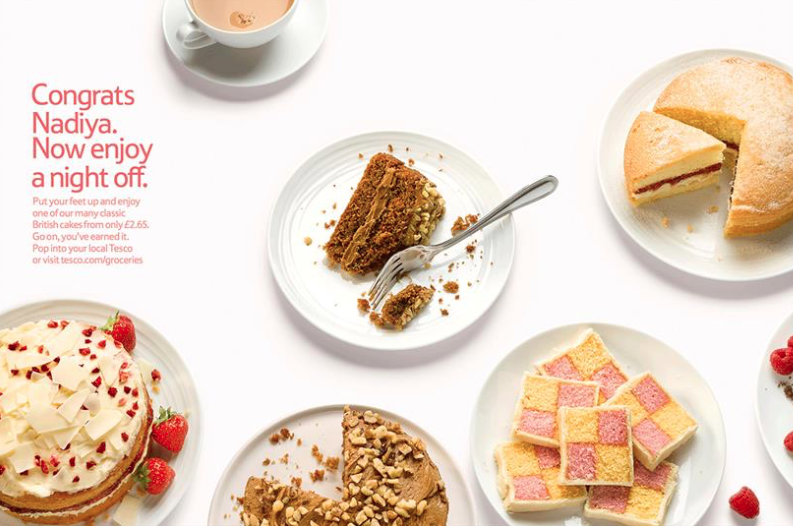(c)BBC/Love Productions/Tom Graham
It’s a sad day for the country. Our Mary has said goodbye to Bake Off, claiming a fond ‘farewell.’
The judge and national treasure has said that her choice is to the BBC ‘since they have nurtured me, and also the series, that was a brilliant and unique arrangement from one.’
Mary, you’ll never understand how much I’ll overlook your expressions.
This week I thought I’d have a peek at how Bake Off phenomena has affected search and purchase intention and the way manufacturers are (or might be) making the most of it.
Every now and then, a fashion, fad or – in this case – a show, comes along that their marketing teams and manufacturers find ahead of rubbing their hands together and forth sitting .
Take, by way of example, our recent obsession with coconut oil which was mainly down to endorsement from high profile names such as Sienna Miller and Joe Wicks (The Body Coach). In 2008, Bodybuildingwarehouse.co.uk founder Kieran Fisher stated there was next to no need for the product.
Eight years later, and the company reported a 67% growth in sales of its coconut oil in three months. The Duchess of Cambridge is another fantastic example. She wears some thing, the item sells out, the store rejoices.
Firms selling ingredients and gear have a lot to thank Bake Off for.
Throughout last year’s series of GBBO, Hobbycraft saw earnings of frills and cake ribbons rise by a percent.
Usage of salted caramel in several of the contestants’ bakes led to earnings of Waitrose’s Homebaking Salted Caramel Flavouring rise when compared with the preceding year.
Maximum sales, marketing that is minimum.
Web search data proves that the Bake Off not just arouses more interest in baking products but also drives buy intent, with customers clicking through to shops that are online.
As soon as the BBC switched use of its electric mixers to the kMix of Kenwood, there was a 12% growth in searches for Kenwood mixers but a fall in searches of KitchenAid.
This demonstrates that manufacturers must be fast to ride these trends whilst they last. Employing the ‘free’ vulnerability marketing and visibility is crucial.

The significance of being reactive to people talking about your product or industry is further emphasized with the episode of Bake Off that featured ice cream makers.
Opportunities such as the Bake Off give excellent opportunities for smaller companies to advertise themselves.
Searches for ice cream makers reached a record number for the year. Interest increased by 45 percent in comparison to the day before but was short-lived; the next day falling by 48%. (Resource: Summit).
I imagine there would have been several folks if ice cream maker manufacturers and retailers weren’t all over media at that point.
That means you might be reading this and thinking, ‘that is all jolly good and well, but I sell something I do not think is going to become massively popular or employed as a ‘trend”. Could you just stop there.
Double denim made a comeback and folks like quinoa. Never lose hope.
Don’t overlook that opportunities such as the Bake Off give themselves to opportunities for smaller businesses to market. As bakes ask him to restore their classic Kenwood Chef food mixers, as a result of this Bake Off, one engineer is enjoying a boom in business.
And, like I’ve seen (and tasted), coffee shops and bakeries across the country are bringing the programme’s fans by embracing their particular attempts at each week’s showstopper or technical obstacle.

And Tesco (okay, not a small business I understand), are an ideal example of how if all else fails, there is always the good old shoe-horn technique.

What did you think about this search and sales side of Bake Off this week? For those who have seen it, you could always catch up on BBC iPlayer!

